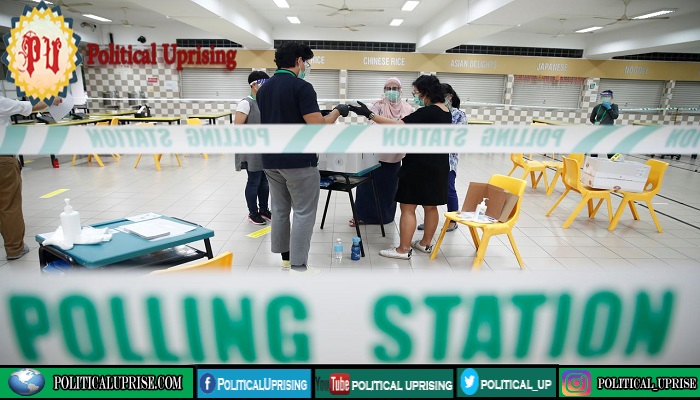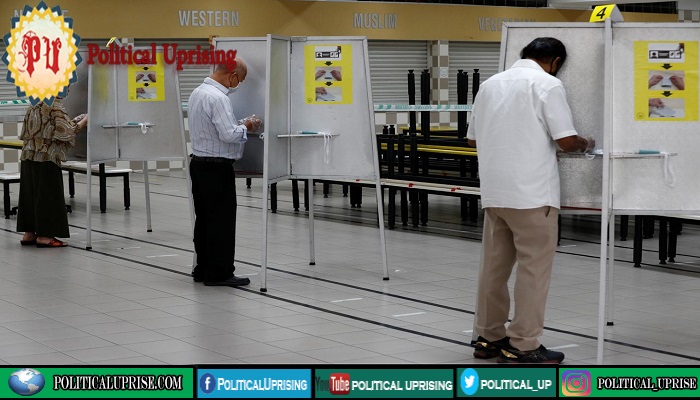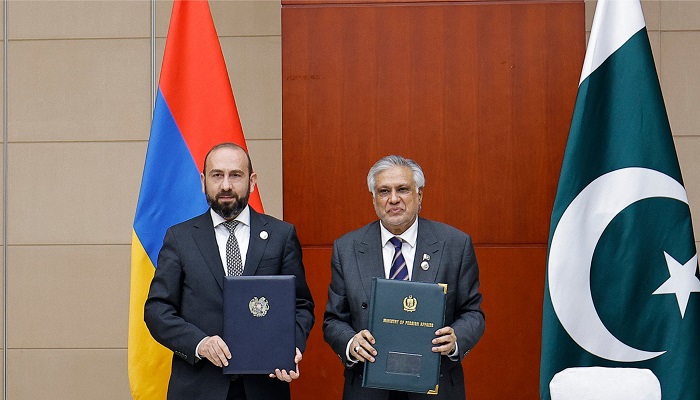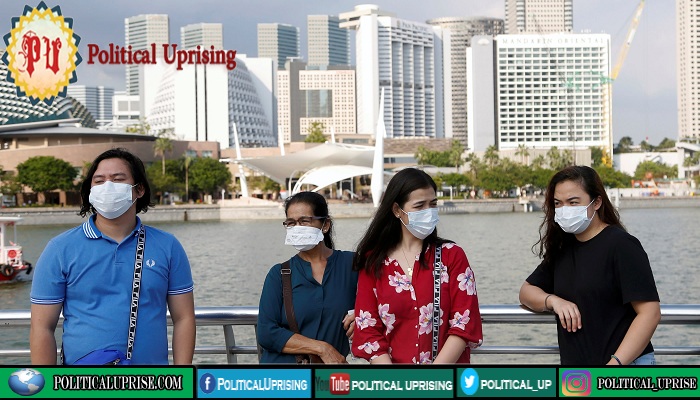Singapore’s ruling party is on track to retain power comfortably, early counting of votes from Friday’s general election showed, but opponents make gains.
Singapore People’s Action Party opponents appear to have made historic inroads in a poll held under the cloud of the COVID-19 pandemic.
In power since independence in 1965, the PAP had been widely expected to win and carry Prime Minister Lee Hsien Loong to what is likely his last victory before retirement as national leader.
A random sample of 100 votes from each polling station showed the PAP retaining 83 out of 93 seats in parliament, according to the Elections Department.
But the early results also showed the main opposition Workers’ Party ahead in 10 seats, which would be a record if confirmed in final counting, and drops in the PAP vote share in several hard-fought districts.
“It’s been a bit of a punishment for the PAP,” said Chong Ja Ian, political scientist and visiting scholar at the Harvard-Yenching Institute.
“They (voters) are not taken by the claims that the PAP knows everything and prefer some oversight.”
Singapore to launch ‘floating hotels’for foreign workers
The PAP won 70% of the popular vote in 2015 and secured 93% of seats in parliament. The sample poll proved accurate then, although authorities have cautioned that the final results may be different this time.
Several districts reported close-run races, including a constituency being contested by Deputy Prime Minister Heng Swee Keat, who has been earmarked to take over as the city-state’s leader from PM Lee the coming years.
“That would upend the whole leadership renewal and succession plan,” said Eugene Tan, a professor at Singapore Management University (SMU) and ex-member of parliament, when asked if Heng may not be returned by voters.

The PAP polled 54% of the sample votes from Heng’s constituency compared with 46% for the main opposition Workers’ Party, which previously held six seats in parliament.
Lee, the son of Singapore’s founding leader, Lee Kuan Yew, called the election in the midst of rising coronavirus infections to seek a fresh mandate to guide the country through a crisis that has crushed the small but open economy.
He has held the premiership since 2004. But aged 68, he has flagged his intention to step aside in coming years – turning the poll into a barometer of approval for both the government’s handling of the coronavirus and the next generation of leaders.
Stringent safety measures such as requirements to wear rubber gloves and regularly sanitise surfaces when voting led to long queues at polling stations across the island and prompted election officials to extend voting by two hours.
Singapore Airlines announced new travel advisory for passengers
Final results, due by the early hours of Saturday, will be closely watched as even small shifts in the PAP’s popularity can lead to major policy changes.
When concerns around immigration and jobs flared in 2011, the PAP polled a record-low 60% of the vote and tightened international hiring rules to address voters’ sensitivities.
Those concerns have come to the fore again as the country emerges from lockdown to face its deepest recession.



